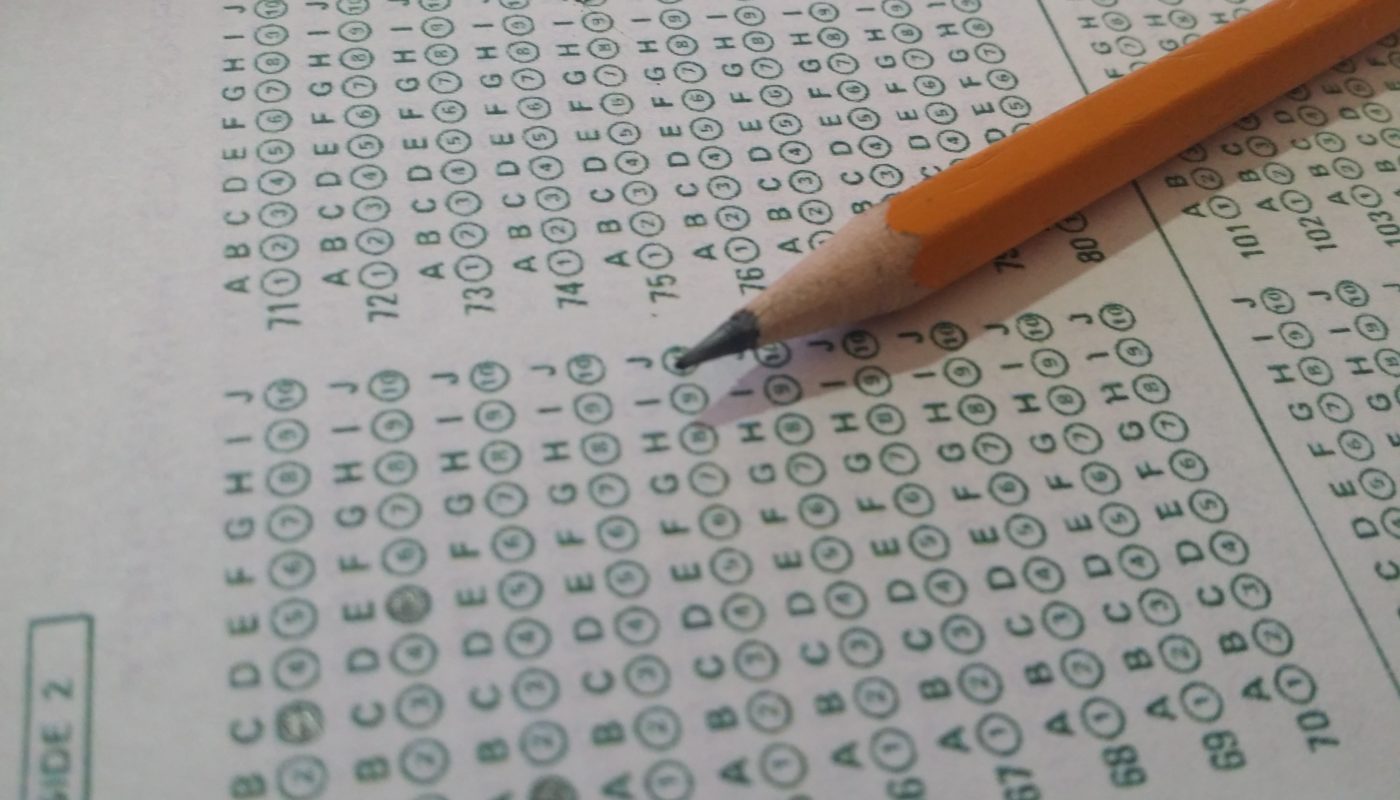The COVID-19 pandemic has left lasting effects on many sectors of American industries, one being college admissions. Since the pandemic, many universities are no longer requiring students to submit their scores from standardized tests.
At the beginning of the pandemic, some colleges became test-optional because students did not have access to safe testing environments. Harry Feder, executive director of FairTest, explained that “these schools recognize that standardized test scores do not measure academic ‘merit.’”
The preparation for tests like the SAT and ACT add unneeded stress and extra work to a student’s workload who may already be accommodating a multitude of other activities in their schedules. Standardized tests and the subsequent scores received are not always accurate representations of the students who take them. They can instead show the wealth of the student’s family and, sometimes, the appalling lengths people will go to ensure their child gets into a desired institution.
The ACT’s independent research, as of 2016, indicated that students from low income families scored lower on the test, and Black and Latino students also scored lower in comparison to their White and Asian counterparts.
We have also seen discrepancies in testing through documentaries like “Operation Varsity Blues: The College Admissions Scandal.” In 2019, a bribery scheme was devised to get students with influential parents into college.
The documentary detailed examples of students having standardized tests taken for them or answers being changed by testing administrators, and even bribing athletic coaches to recruit “players” to their teams so they would have favor with the university’s admission’s staff.
Since Operation Varsity Blues, which focused on the conspiracies at the University of Southern California, every California public university has become test-blind or score-free. Meaning, even if students submit their test scores, the scores will not be considered.
Many universities, even the historically selective ones, are no longer requiring standardized exam results. They believe that there are other attributes of applicants that qualify them to become members of that particular institution.
As of November 2022, 1,450 colleges and universities have made their test-optional policies permanent or extended the rule until after the 2024 admissions cycle. The most prestigious and elite institutions are spearheading the charge for this “new normal.”
This new practice is a relief for some. After decades, individuals within the education community have acknowledged that standardized exams are not reflections of what the student has learned. But, if we remove the standard, how will students know if they have met certain benchmarks?
In theory, test-optional schools sound like a great idea because they make higher education more accessible. But, what is the alternative for admissions staff now?
They may look at volunteer status, extracurricular activities and community engagement, all of which are valuable assets for prospective students. However, institutions varying in size, with hundreds and thousands of applicants will now have the tedious and nearly impossible task of scrutinizing every student’s resume.


